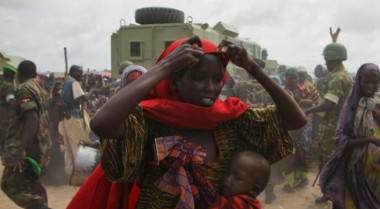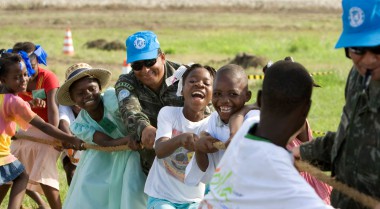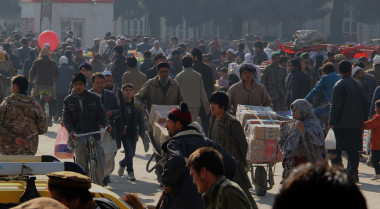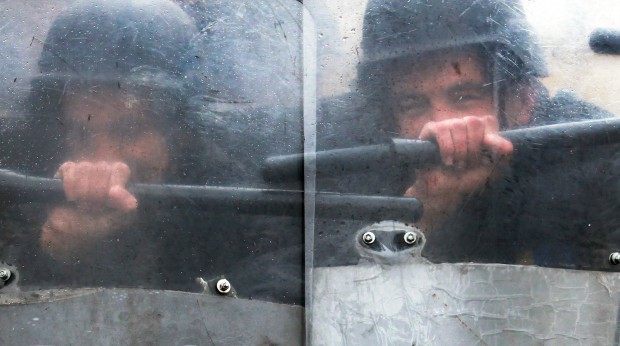
Human Security Basics: What Really Makes Us Secure When Confronting a Pandemic
Governments, communities, and people view safety and security through different, sometimes opposing lenses. The Covid-19 virus has exposed the weaknesses of a militarized security. Placing people as secondary in the formula of security in these first two decades of the 21 st century needs to change. While many of us are still locked down, it is time to challenge the assumptions governments and corporations make about how to make the world safe and prosperous.
Human security is the basic concept around which GPPAC came together nearly 15 years ago. The Improving Practices Working Group is putting this web training together in support of the overall GPPAC mission.
Human Security Basics: What Really Makes Us Secure When Confronting a Pandemic
is a three-session Zoom based training facilitated by GPPAC Improving Practices Working Group Members and experts. This will take place 16, 17, 18 June, 14.00 CET. The duration of the training is 1.5 hours. Register here.
The aim of this training is to encourage a serious conversation on post-pandemic security priorities. The training will do that by examining a personal reflection on what makes for security, approaches to security, stakeholders involved and sub- themes influencing human centered security. Through the Human Security lens, the needs of people come first, offering a more humane and resilient approach to security.
During the first day we will reflect on our own experience with security as well as contrast two major approaches to security. The second day will focus on sectors, stakeholders, and governance as a major contributor toward security. The third day
will be focus on specific sub-themes to human security in breakout groups.
As much as possible this will be a participatory training similar to a workshop setting. Facilitators and participants alike will apply the material to the current situation. Between sessions, participants will be asked to think about security in their own realities. Analysing and understanding the security realities each participant is encountering during this pandemic is the first step toward impacting their own environments for the greater good. The intention is to motivate all to be active in creating safety and security for people and the planet.



